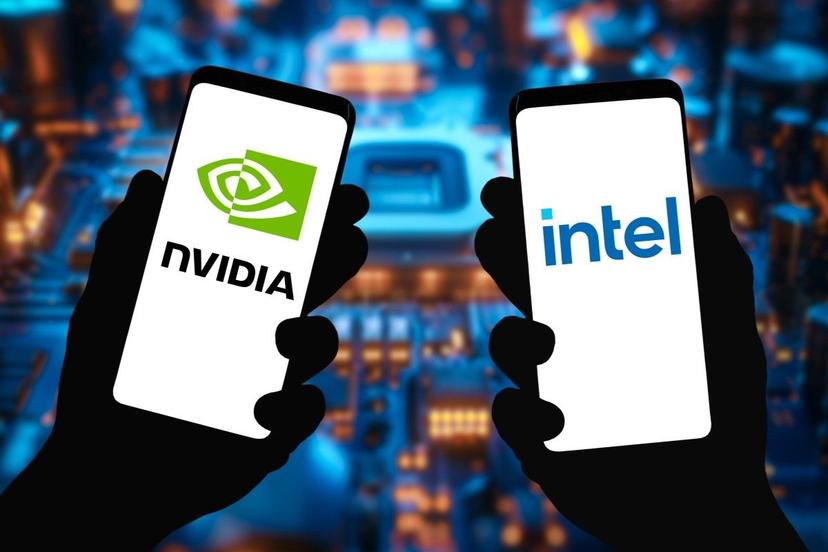EA’s $55B Take-Private: PIF–Silver Lake Deal Sets Record as Oracle of Gaming Bets on Franchises
By Tredu.com • 9/29/2025
Tredu

Deal overview: $210/share buyout takes Electronic Arts private
Electronic Arts agreed to be taken private in a $55 billion all-cash transaction led by Saudi Arabia’s Public Investment Fund (PIF), Silver Lake, and Affinity Partners. EA shareholders will receive $210 per share, a roughly 25% premium to the pre-rumor close; the group intends to fund the deal with a mix of equity, rolled PIF holdings, and large committed debt facilities. If completed, it would be the largest leveraged buyout on record and one of gaming’s biggest transactions.
Who’s buying, and why now
The investor consortium blends sovereign capital (PIF), financial sponsor expertise (Silver Lake), and Affinity Partners, founded by Jared Kushner, which helped broker terms. Backers are making a scale bet that EA’s core franchises (EA Sports FC, Madden NFL, Apex Legends, The Sims, Battlefield) can sustain high-margin live-services revenue while efficiency gains from AI-enabled tooling lower development costs.
Valuation context and premium math
The $210 cash offer values EA at a multiple consistent with global, large-cap interactive entertainment leaders when adjusted for net cash and live-services mix. The ~25% premium to the prior close and ~5% bump on the day of announcement reflect both scarcity value in premium gaming assets and optionality tied to pipeline launches. In early trading after the announcement, EA shares rose, narrowing the spread.
Structure, financing and timeline
Reports indicate equity checks of $36 billion+ and a lender group anchored by major U.S. banks supplying roughly $20 billion of debt to fund the take-private, with PIF rolling its ~9.9% stake. The parties target closing in early fiscal 2027, subject to shareholder and regulatory approvals. Andrew Wilson is expected to remain CEO.
Strategic rationale: IP depth meets live-services scale
- Recurring revenue: Ultimate Team-style modes, annual sports releases and expansions anchor predictable bookings.
- Platform reach: Cross-play, PC/console parity and mobile hooks broaden lifetime value.
- AI pipeline: Automated asset creation, smarter NPCs and testing tools can compress timelines and lift margins, according to investors’ thesis.
Regulatory and CFIUS lens
Unlike platform-consolidation deals, EA’s sale is financial-sponsor led; antitrust risk is seen as moderate. However, CFIUS and foreign-investment reviews will examine PIF’s role, data governance and content pipelines. Affinity’s U.S. nexus and the plan to keep EA’s headquarters and leadership in place may ease scrutiny, but national-security review remains a key gating item.
How markets are reacting
Equities. EA outperformed on the headline; peer read-throughs were mixed. Console publishers with deep IP libraries may see multiple support on “scarcity premium,” while smaller studios could benefit from takeout optionality. Hardware/platform names were largely beta-driven, with sentiment tied to macro and rates.
Credit. New LBO supply tests appetite after a quiet stretch for jumbo buyouts. Pricing will hinge on covenant flexibility, live-services resilience, and organic FCF conversion. A successful syndication could reopen the high-grade/leveraged loan window for large cap media-tech deals. (Analytical inference based on LBO market mechanics; supported by deal size cited in sources.)
M&A cycle. A record-size gaming LBO signals that private capital remains willing to write very large checks for cash-generative, IP-rich assets, potentially catalyzing follow-on bids across entertainment and sports-content adjacencies.
Key risks to the thesis
- Execution risk: Integrating a public-to-private transition while shipping tentpole titles (including the next Battlefield) raises scheduling risk.
- Leverage & rates: Elevated debt costs could pressure free cash flow if title slates slip or if live-services engagement underwhelms.
- Regulatory geopolitics: Any delay from national-security review or conditions on governance/data could stretch timelines.
- Sports licensing: Renewal terms for major leagues (NFL, FIFA-successor/league partners) remain critical to the long-run cash-flow profile.
What to watch next
- Proxy & fairness opinion detailing comps, DCF ranges and insider rollovers.
- Debt book-building (pricing on TLB/bridge bonds) as a barometer for risk appetite.
- Regulatory milestones in the U.S. and key foreign jurisdictions.
- Roadmap color on AI deployment in production pipelines and live-ops.
- Franchise cadence, sports annuals, Apex updates, and the next Battlefield launch window.

How to Trade Like a Pro
Unlock the secrets of professional trading with our comprehensive guide. Discover proven strategies, risk management techniques, and market insights that will help you navigate the financial markets confidently and successfully.


